Yasmin Overview
Yasmin is an oral contraceptive pill containing a combination of two hormones — ethinylestradiol, a synthetic form of estrogen, and drospirenone, a type of progestin. Known for its effectiveness in preventing pregnancy, Yasmin also offers other health benefits such as regulating menstrual cycles and reducing the severity of acne.
Uses and Indications
Yasmin is predominantly prescribed for the prevention of pregnancy. However, it may also be indicated for managing symptoms associated with premenstrual dysphoric disorder (PMDD) and moderate acne in women who desire an oral contraceptive for birth control. As with any medication, the decision to use Yasmin should be based on a thorough evaluation by a healthcare provider.
Dosage Guidelines
Yasmin is commonly prescribed in a 28-day cycle: 21 active pills containing hormones, followed by 7 inactive pills during which a menstrual-like bleeding occurs. It’s important to adhere strictly to the dosing schedule, taking one pill each day at around the same time for optimal effectiveness.
Contraindications and Warnings
Yasmin should not be used by individuals who have had blood clots, certain cancers, uncontrolled hypertension, liver disease, or a history of heart attack or stroke. If you are a smoker over the age of 35, Yasmin may also be contraindicated due to the increased risk of cardiovascular events. Before starting Yasmin, it’s imperative to discuss your full medical history with your healthcare provider.
Potential Side Effects
While many individuals tolerate Yasmin well, some may encounter side effects such as nausea, headaches, breast tenderness, and mood swings. Serious side effects include blood clots, elevated blood pressure, and liver problems. Prompt medical attention is necessary should any severe reactions occur.
Medication Interactions
Yasmin’s effectiveness can be compromised when interacting with certain medications, including some anticonvulsants, HIV medicines, and antibiotics. Additionally, Yasmin can affect the blood levels and efficacy of other drugs. Always inform your healthcare provider about all the medications and supplements you are currently taking.
Precautions and Safety
Before starting Yasmin, a comprehensive evaluation of your medical history and possibly a physical examination will be carried out by your doctor. Certain conditions, such as those affecting circulation or hormone-sensitive states, may necessitate close monitoring or alternative contraceptive methods.
Administration Instructions
Yasmin should be administered as instructed by your healthcare provider. Typically, one pill is taken daily for 21 consecutive days, followed by a seven-day period where either no pills or non-hormonal placebo pills are consumed. Consistent daily intake enhances the efficacy of Yasmin as a contraceptive.
Pregnancy Considerations
Yasmin should not be used during pregnancy. If pregnancy occurs while taking Yasmin, the medication should be discontinued immediately. Additionally, prior to beginning Yasmin, do ensure that pregnancy is excluded.
Breastfeeding Guidelines
Yasmin may affect breast milk production and composition, and small amounts of contraceptive hormones can be transferred into the milk. Women are generally advised to avoid estrogen-containing contraceptives, like Yasmin, while nursing and opt for progestin-only or non-hormonal methods of contraception.
Adolescent Use
Yasmin is approved for use in adolescents who have started menstruating. Healthcare providers may prescribe it not only for birth control but also for acne or menstrual irregularities in this population. Safety and efficacy are comparable to those in adult women but should be discussed in detail with a healthcare provider.
FAQs
Questions frequently encompass the risk of blood clots, effects on future fertility, and management of missed doses. Educating oneself through reliable sources or direct consultation with a healthcare provider is advised for those using or considering Yasmin.
Storing Yasmin
Store Yasmin in its original package, at room temperature away from moisture and heat. Keep the blister pack in the carton to protect it from light. Proper storage ensures the effectiveness of the medication until the expiration date.
Disposal Considerations
Unused or expired Yasmin pills should be disposed of responsibly to avoid accidental exposure or environmental harm. Your pharmacist or a local take-back program can provide guidance on proper disposal methods.
Additional Resources
For further understanding or inquiries regarding Yasmin, consult the product labeling, visit trusted medical websites, or speak with a healthcare professional. Staying informed maximizes the benefits and minimizes the risks associated with Yasmin usage.

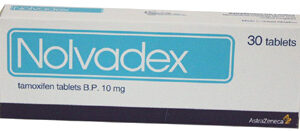
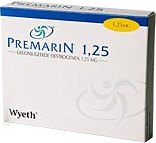
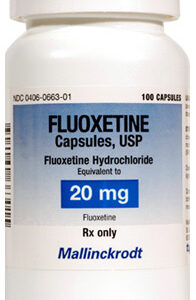
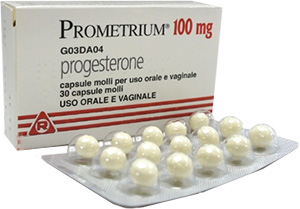
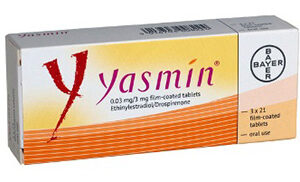
Reviews
There are no reviews yet.